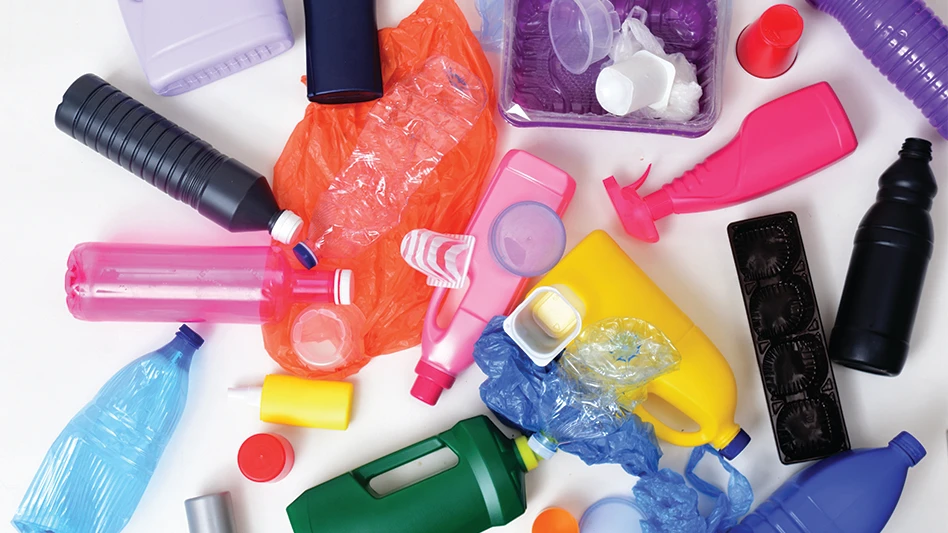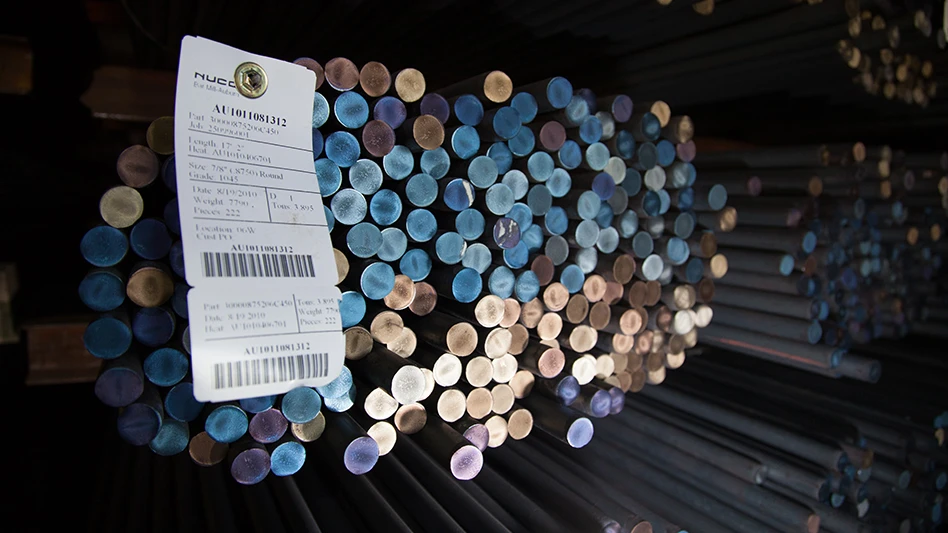To help Delaware’s schools, businesses and institutions start recycling programs or expand existing programs, the Delaware Department of Natural Resources and Environmental Control (DNREC) is offering the Universal Recycling Grants and Low Interest Loan Program, with up to $1 million in funding available this year for successful grant proposals.
DNREC, in collaboration with the Recycling Public Advisory Council (RPAC), is placing emphasis on:
- distribution of preapproved recycling instructional information to influence positive recycling behaviors at the point where recyclables are generated and disposed of (e.g., kitchen, office, workplace, recycling bin, cart, dumpster);
- recycling outreach, which covers recycling advertising, education and related initiatives;
- school or university recycling programs;
- source-separated food waste recycling infrastructure development, and
- business, nonprofit, community organization or local government recycling programs.
Everything listed above encompasses the various projects and expenses that may be funded by the University Recycling Grants and Low Interest Loan Program, as could other projects that fall outside of recycling priority areas. The DNREC says creativity is encouraged when applying and all eligible applications will be given consideration to the extent that recycling grant and loan program resources allow. RPAC and DNREC’s recycling program stress that applicants for grants and low-interest loans do not need to be a recycling expert to put forward a recycling grant project.
Gov. Jack Markell says DNREC’s recycling grant and low-interest loan program is a key component in continuing to drive momentum for Universal Recycling in Delaware. “I’m proud of the progress we’ve achieved in making recycling accessible and practical,” Markell says. “That experience has shown that we can cost-effectively reduce the amount of waste dumped in landfills and be good stewards of our environment while promoting economic growth, and it’s important that we continue to build on that effort.”
DNREC Secretary David Small says, “DNREC’s grant and loan program is again geared toward helping schools and businesses save money and reduce their environmental footprint by recycling in Delaware. We want the grants to help businesses and organizations double the recycling rate across the commercial sector and achieve statewide goals for Universal Recycling championed by Gov. Markell. We’re now closer to another goal—of every Delawarean having access to recycling at home, at work, at school and making recycling a way of life in the First State.”
DNREC is announcing two grant opportunities for 2016, which will be the seventh and eighth rounds of Recycling Grant and Low Interest Loan offerings since the program started in 2011. The first opportunity to apply for funding runs through June 22, 2016, (Cycle 7). The second opportunity to apply runs Aug. 17, 2016, through Nov. 2, 2016 (Cycle 8). Cycle 7 grant and loan awards are expected to be announced in August, Cycle 8 awards in December.
The Universal Recycling Grant and Low Interest Loan Program was created by the state’s Universal Recycling Law. The law is designed to provide a framework to ensure recycling services in Delaware are effective and easily accessible. Commercial sector entities are expected to be actively participating in recycling programs. The commercial sector includes any for-profit or nonprofit retail or wholesale stores, offices, food service establishments, warehouses and other manufacturing, industrial or processing activities and institutions such as social, charitable, educational, health care, professional and government services.
Latest from Recycling Today
- Indiana county awarded $65K recycling grant
- Mixed paper, OCC prices end year on downward trend
- Updated: CAA submits final draft program plan in Oregon
- Enviri names new president of Harsco Environmental business
- Survey outlines ‘monumental challenge’ of plastic packaging collection in UK
- Nippon Steel acknowledges delay in US Steel acquisition attempt
- BASF collaborates to study mechanical plastic recycling
- Commentary: navigating shipping regulations for end-of-life and damaged batteries





